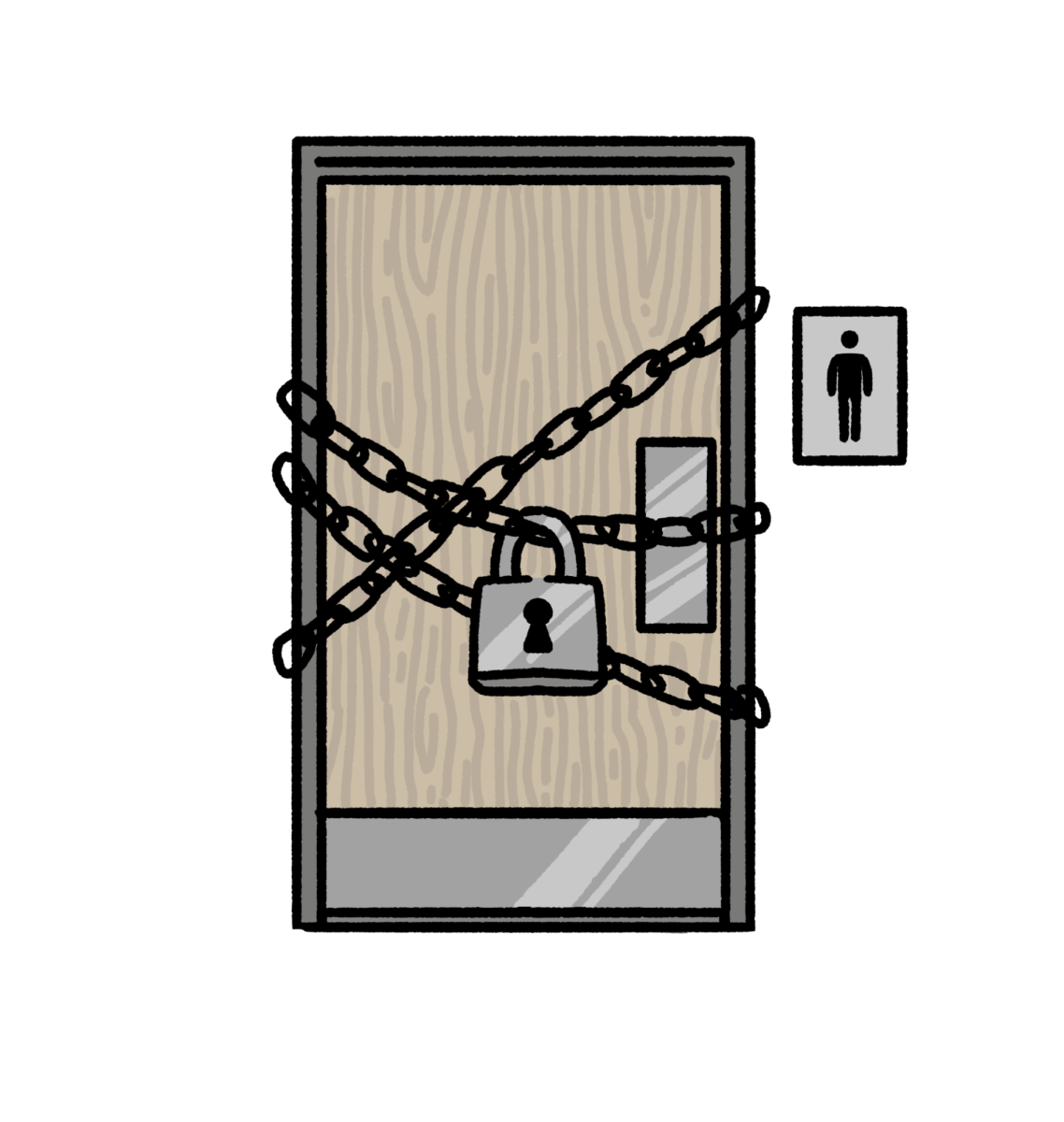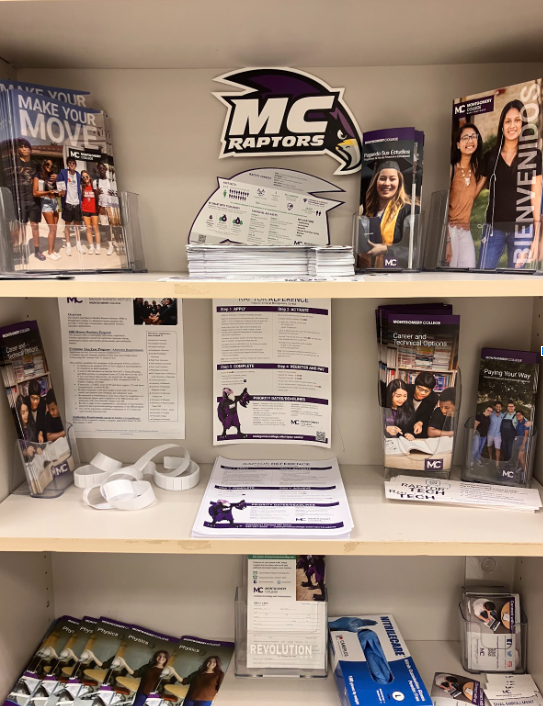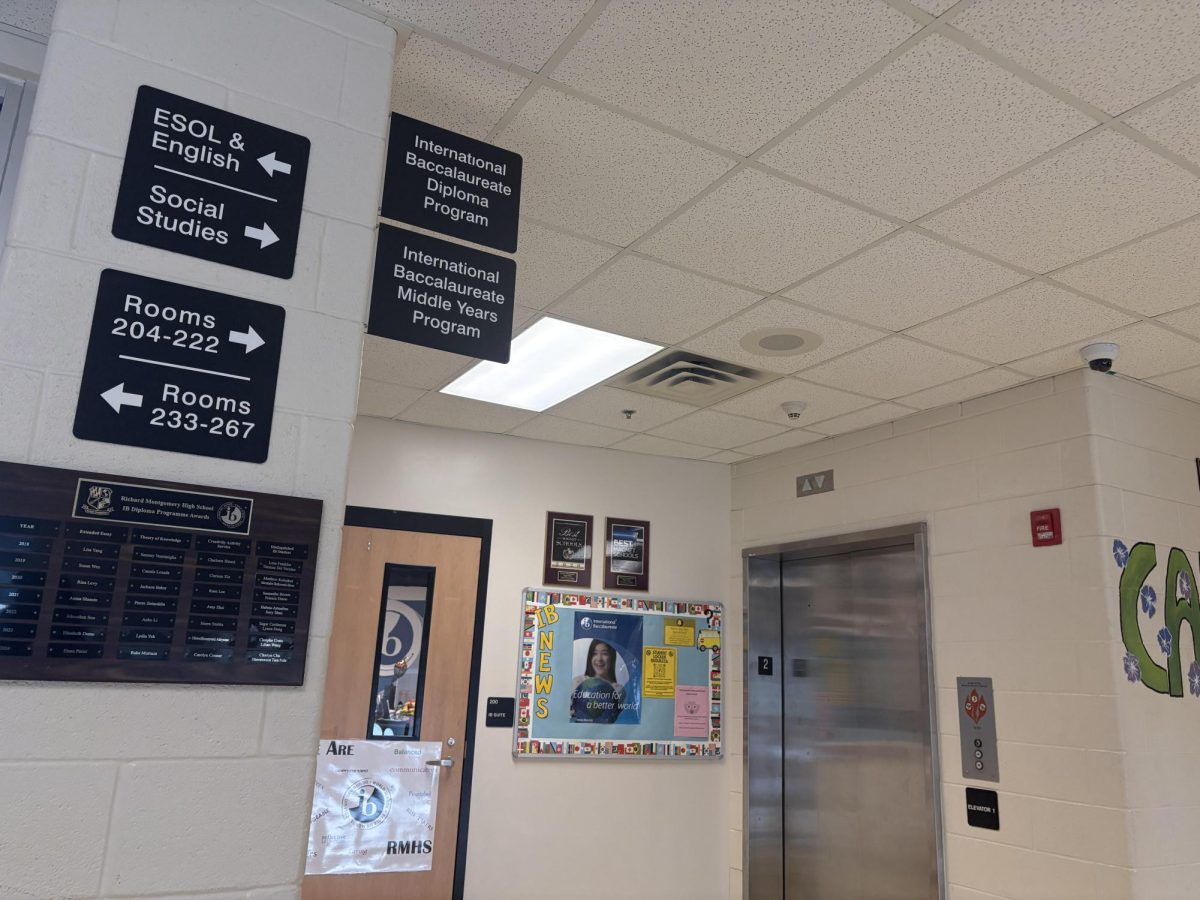From locked bathrooms across the school to failed attempts to grab a snack from the time-restricted vending machines to curb an empty stomach, recent regulations in RM have left many students disappointed. These seemingly mundane yet profoundly impactful issues have become central to student rights, as their needs intersect with school safety regulations.
Supporters of these restrictions argue that regulating access to these facilities reduces distractions from class and ensures a more controlled school environment. However, this limited access may promote the opposite; as students wander around the school searching for open bathrooms or vending machines, more time is spent outside the classroom. This impacts both student learning time and the effectiveness of classroom instruction.
Vending machines are locked during instructional hours, yet a student’s learning can suffer when they’re experiencing hunger. “Students get hungry and distracted,” junior Meggie Chang said.
The machine accessibility is also limited by its programming. “The scheduled locking doesn’t account for different schedules like half days and two-hour delays, so you often can’t use them during lunch on those days,” junior Ella Van der Walde said.
It is not simply the mere inconvenience of a growling stomach during a physics quiz, but rather the impact of food restriction on academic performance throughout the day. “It’s irritating because many times, all the bathrooms on the floor are locked so you have to go to a different floor, which is technically not allowed because of the crackdown on having students stay on the floor of that [period],” Van der Walde said.
This becomes a counterintuitive practice, inhibiting both administrative regulations and the needs of students. For female students, this can be especially troublesome if feminine hygiene products are needed. “When bathrooms with feminine hygiene dispensers are locked, I have to go all the way from Main Street to the second floor for example…furthering the amount of time I have to be out of class,” Van der Walde said.
As a result, restricting these rights can be viewed as a violation of students’ fundamental rights to dignity, privacy and physical well-being. Although locking bathrooms can periodically mitigate issues such as vandalism, drug use, and other unsafe activities, it unfairly penalizes students for the actions of a minority. “Locking bathrooms doesn’t reduce the extent to which students are vaping. People will find other places, which is more of a reason to keep all bathrooms available,” Chang said.
However, staying outside class is still a purposeful choice for those who unlawfully use their bathroom breaks. “It’s a system-wide issue. If students believe what’s happening in class is valuable, they will stay in class. If they think what’s happening in class is not valuable, they’re not going to stay in class,” AP U.S. Government and IB Theory of Knowledge teacher Noah Grosfeld-Katz said.
The intended goal of restricting bathrooms and locking vending machines is to keep students engaged in class during the school day. However, this system prevents personal health needs and necessities from being met. An ideal regulation remains to be seen with enthusiastic feedback from students, teachers and administration. Addressing these concerns involves open communication, thoughtful policy development and a commitment to creating an environment that prioritizes well-being for all.
If you would like to voice your opinion on an issue you feel is relevant to our community, please do so here. Anyone is able and welcome to submit a Letter to the Editor, regardless of journalistic experience or writing skills. Submissions may be published either online or in a print issue.










